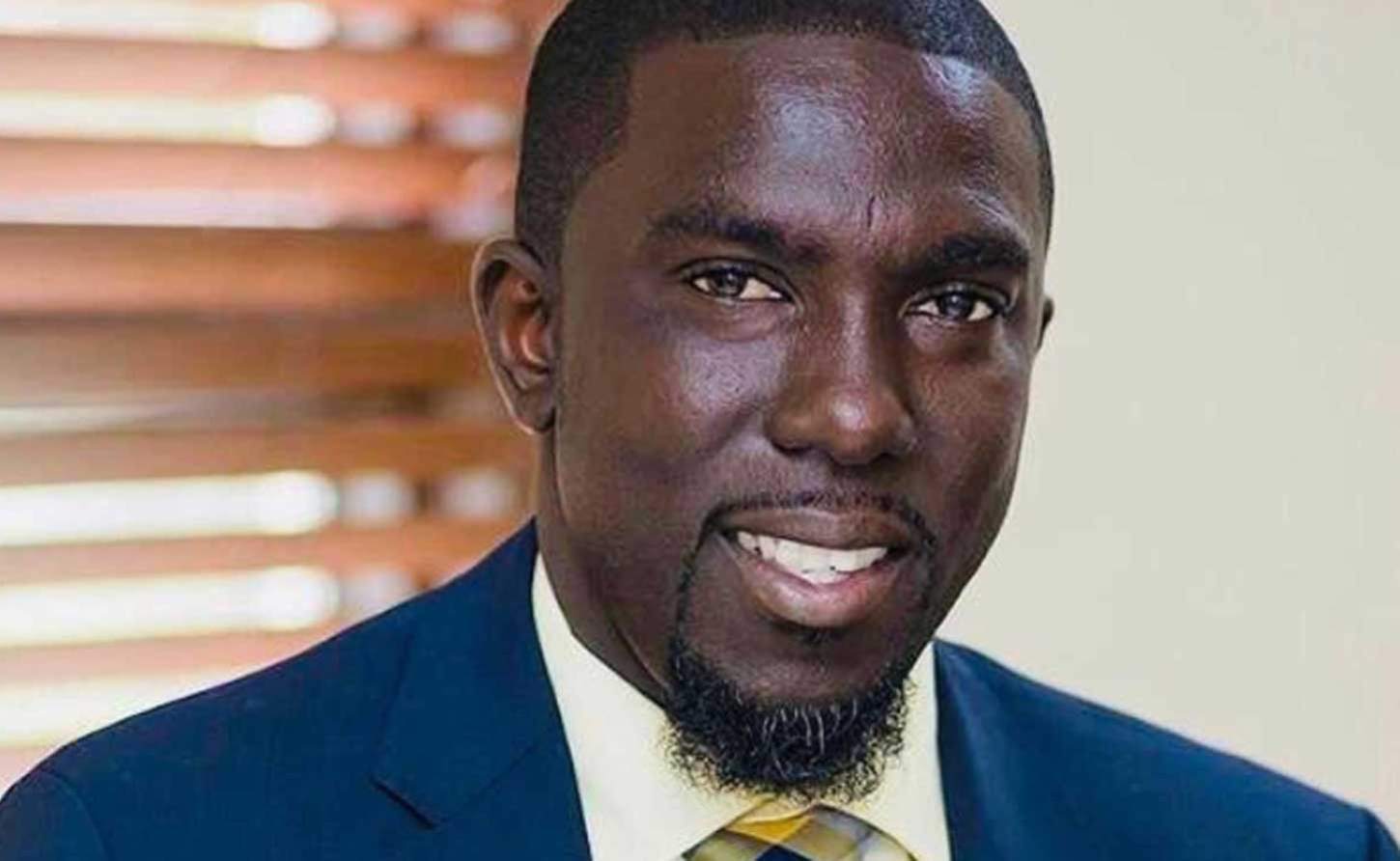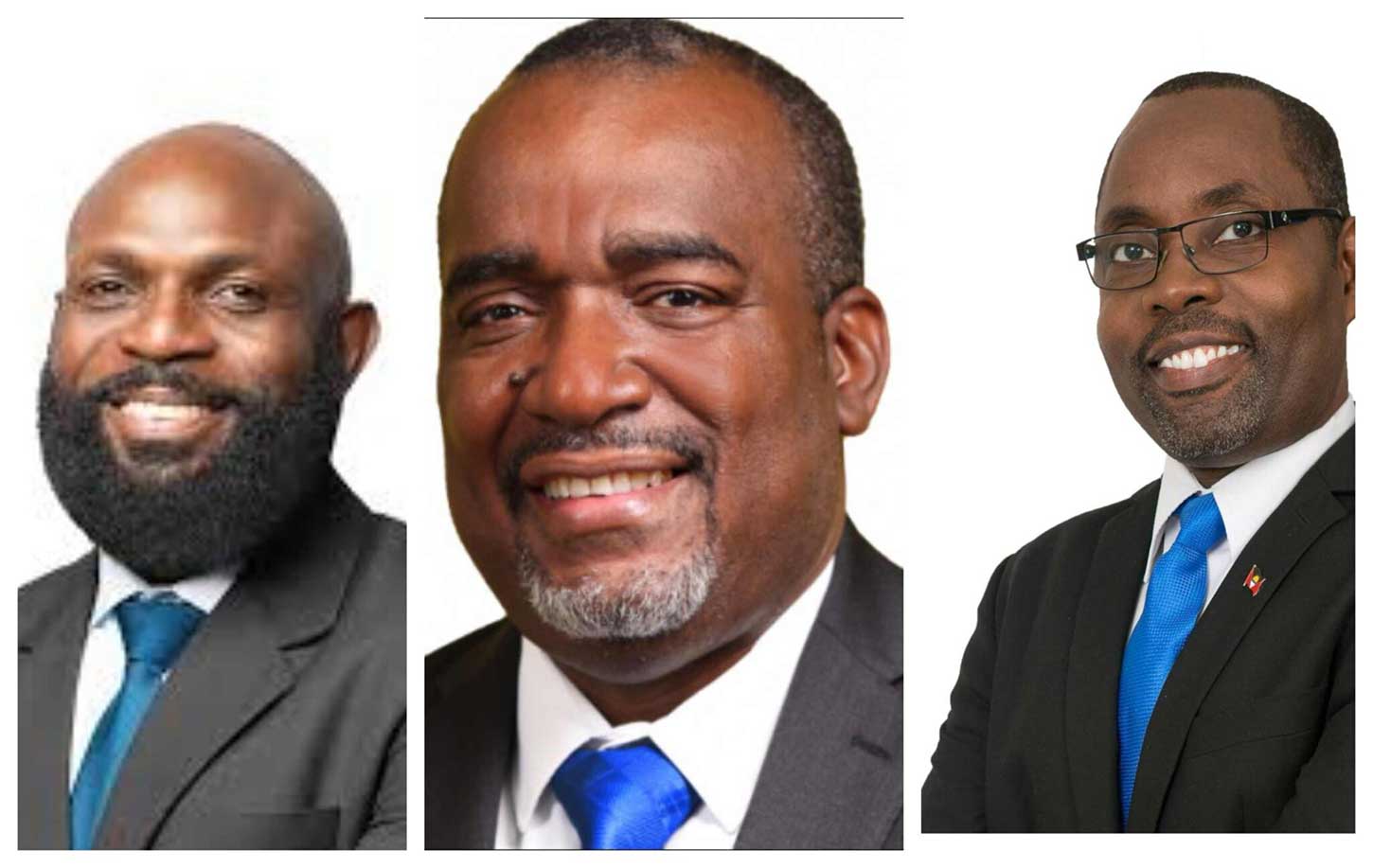ANTIGUA |The Quiet Revolutionary: Jamale Pringle's Transformation of Antigua's Political Landscape

ST. JOHN, Antigua, January 12, 2025 - In the enigmatic corridors of Antiguan politics where, a quiet revolution has been unfolding. Jamale Pringle, who seized the reins of the United Progressive Party (UPP) in a stunning victory last April, has been methodically reshaping the political landscape with a leadership style that defies conventional wisdom.
In Antigua's political theater, trust has become as scarce as winter snow on Caribbean shores, while hypocrisy flows as freely as the region's distinctive trade winds. Even as Jamale Pringle attempts to chart a new course for the UPP, the entrenched patterns of political duplicity continue to cast long shadows over the nation's democratic aspirations.
Each promise echoes hollow against the walls of parliament, where words of public service too often mask private ambitions, and the revolving door between opposition and government spins with the predictability of a carnival carousel.
Far from the bombastic rhetoric that often characterizes Caribbean politics, Pringle who has been given the moniker "The Black Panther," has emerged as a masterful strategist, carefully orchestrating a delicate balance between tradition and transformation.
When he first ascended to power, skeptics were quick to dismiss him. They saw only what was missing – the theatrical flourishes and rhetorical pyrotechnics that had become hallmarks of regional political leadership.
What they failed to recognize was Pringle's unique alchemy: a rare combination of vision, adaptability, and an authentic connection with the people that has systematically dismantled doubts about his capabilities.
Yet beneath the surface of this political transformation, internal fissures remain. The old guard's resistance has manifested in telling ways, with several MPs elected under the UPP banner appearing to distance themselves from their own party's platform.
Richard Lewis, still smarting from his leadership defeat, has been conspicuously absent from UPP functions and public meetings, suggesting a wound that has yet to heal.

The pattern of absenteeism extends to MP Kelvin "Shugie" Simon, whose frequent overseas sojourns have raised eyebrows, and radio announcer-turned-politician Algernon "Serpent" Watts, whose tepid party support and carefully calibrated middle-of-the-road stance stands in stark contrast to his role as a UPP parliamentarian.
This internal resistance, crystallized in the letter several MPs signed supporting Lewis's leadership bid, presents Pringle with a complex challenge. The very representatives elected on the strength of the UPP's platform now seem reluctant to fully embrace the party's direction under his leadership.
Political observers point to these internal fissures as the likely cause behind Pringle's delayed announcement of constituency candidates – a strategic pause that speaks volumes about the delicate balance he must strike.
The postponement appears to be a calculated move to secure genuine commitments from these recalcitrant MPs, even as their apparent strategy to embarrass his leadership threatens to become a pyrrhic victory that could ultimately damage the very party they claim to serve.
Amid these political machinations, Pringle faces yet another layer of complexity in his leadership role. Beyond managing fractious relationships and charting political strategy, he has inherited the weighty responsibility of funding the party's operational demands.
This financial stewardship, combined with his roles as chief mediator in internal disputes and political standard-bearer, creates a triple burden that would test even the most seasoned political veteran.
That he must balance these demands while maintaining his public-facing duties speaks to the evolving nature of political leadership in Antigua – where party leaders are increasingly expected to be not just figureheads, but hands-on managers of both political and practical concerns.
Beyond his immediate party challenges, Pringle's leadership style appears remarkably well-suited to the complex demands facing modern island nations. In an era where environmental challenges collide with economic imperatives, his measured approach to governance has begun to resonate with a populace increasingly wary of empty rhetoric.
His focus on pragmatic solutions reflects a deeper understanding of what island leadership demands in the 21st century.
As Antigua grapples with climate resilience, resource management, and economic sustainability, Pringle's emphasis on deliverable results over political theatrics has struck a chord.
His approach to cultural stewardship has been equally nuanced, demonstrating a keen awareness of the delicate balance between preserving heritage and embracing necessary modernization.
What sets Pringle's leadership apart is his grasp of the interconnected challenges facing island nations. While traditional political discourse might separate environmental concerns from economic development, his integrated approach acknowledges their fundamental inseparability.
This holistic vision extends to his diplomatic endeavors, where he has shown a sophisticated understanding of how international partnerships can be leveraged for domestic prosperity.
Transparency and crisis management capabilities have become increasingly central to his leadership narrative. In an island community where natural disasters and economic shocks can have outsized impacts, Pringle's steady hand and clear communication style have helped build public confidence.
His inclusive leadership approach, ensuring diverse voices are heard in decision-making processes, has proven particularly effective in Antigua's close-knit social fabric.
Perhaps most telling is Pringle's approach to economic innovation. While his predecessors focused on traditional development models, he has championed a more nuanced vision of prosperity, one that embraces the blue economy, agriculture and sustainable tourism without sacrificing environmental stewardship.
This balance between growth and preservation has become increasingly central to his political identity.
As Antigua stands at a crossroads, Pringle's leadership style – once criticized for its lack of flash – has emerged as a template for modern island governance. His ability to navigate complex political waters while maintaining a steady course toward meaningful reform suggests that the UPP's unconventional choice may have been prescient rather than problematic.
The coming months will test whether Pringle's methodical approach to leadership can translate into electoral success. Yet regardless of the outcome, his tenure has already reshaped expectations of political leadership in Antigua.
In an era where substance increasingly trumps style, Pringle's quiet revolution might just represent the future of Caribbean politics – one where measured competence and genuine delivery matter more than rhetorical flourish.
What emerges is a portrait of a leader who, rather than fitting into the traditional mold of Caribbean political leadership, has instead reshaped that mold to meet the demands of a new era. For Antigua, and perhaps for the wider Caribbean, this might prove to be exactly the kind of leadership evolution the region needs.
-30-
